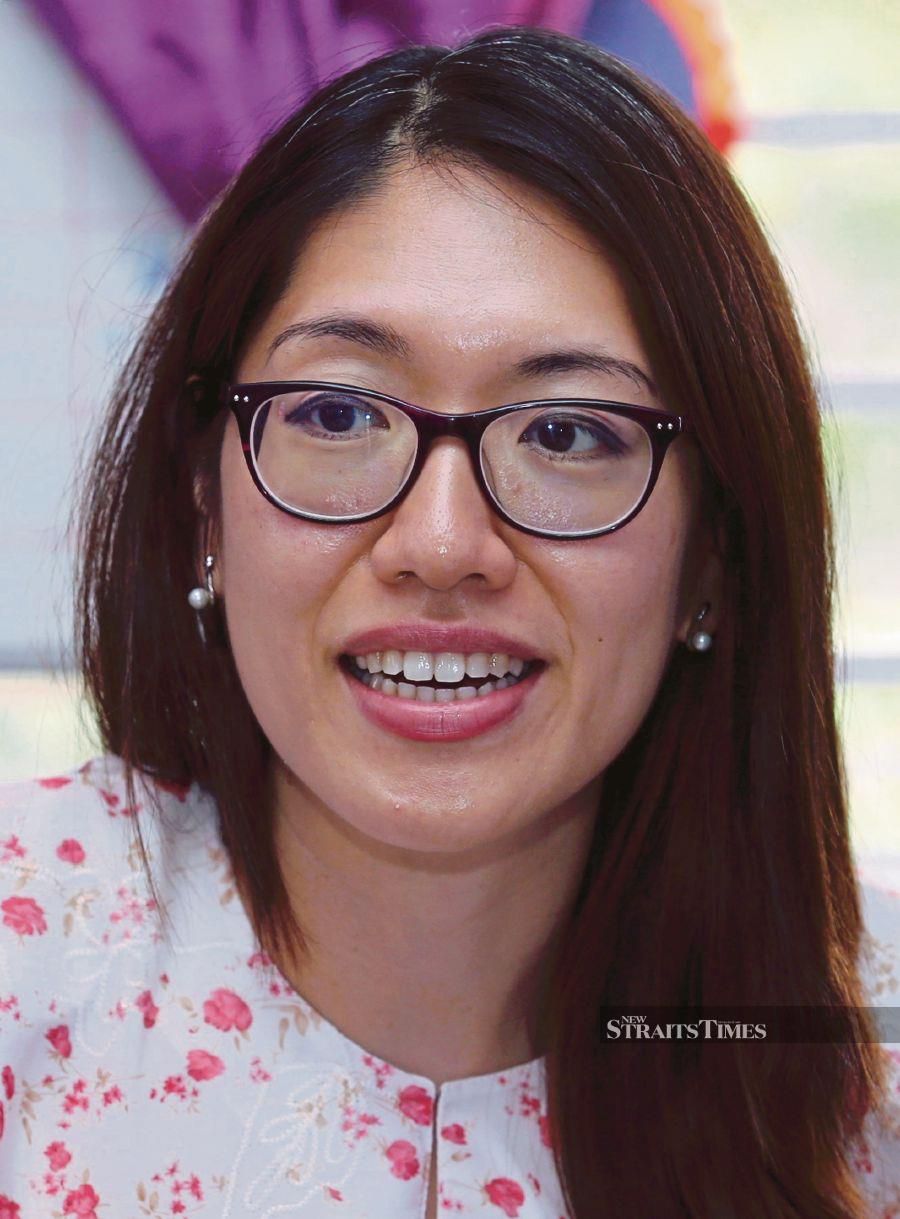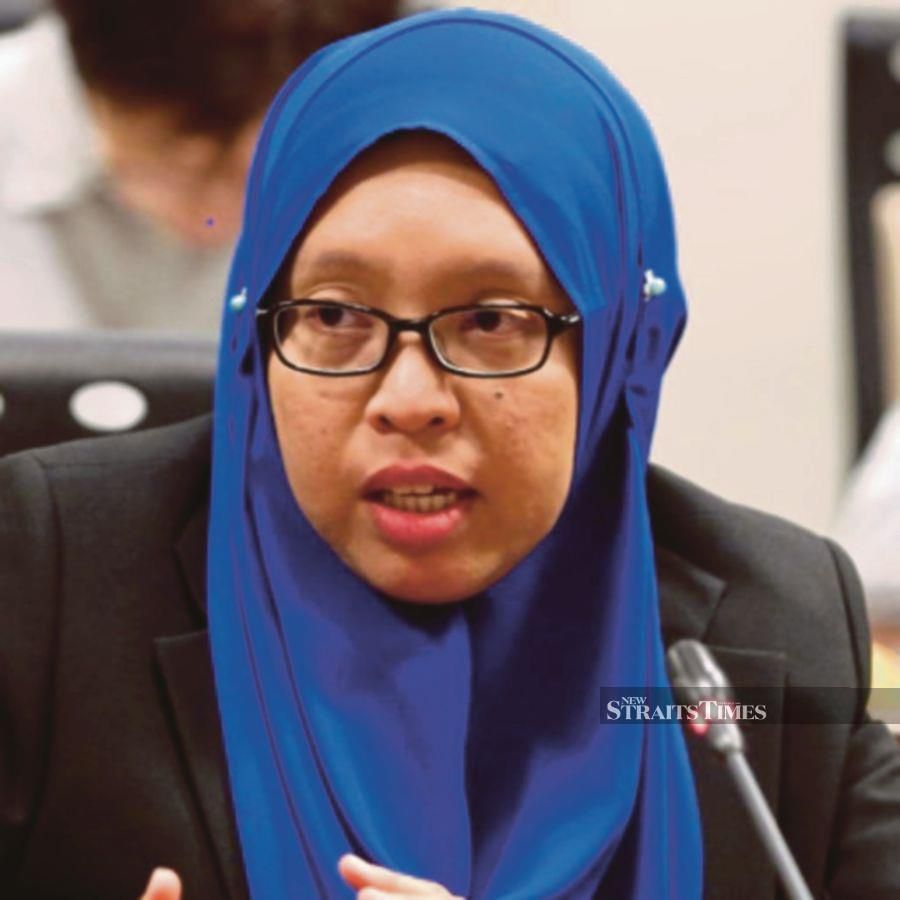KUALA LUMPUR: The government should consider introducing a national insurance scheme to address increasing national spending as the ageing population grows.
Institute for Democracy and Economic Affairs chief executive officer Tricia Yeoh said there was a need to review the healthcare system as Malaysia prepares for ageing-nation status by 2030.
This, she said, could be done through a mandatory monthly contribution from salaries, similarly implemented by the Inland Revenue Board for scheduled tax deduction, as well as the Employees Provident Fund (EPF).
She said a World Health Organisation analysis found that health expenditure in Malaysia had remained predominantly public (ratepayers') spending at 55 per cent of the total health spending.
"The tax and pension systems, which are our input (revenue) and output (expenditure), should be reconsidered. Statistics revealed that there is an increase in the country's ageing population, and with it, a dire need to rethink the tax policy.

"There should be a variation of contributions in taxes and optional retirement system. The government also needs to review the civil service as it has a direct impact on its coffers in terms of pension payments."
Universiti Malaya's Department of Administrative Studies and Politics senior lecturer Dr Nurul Liyana Mohd Kamil said several key issues needed attention when addressing the ageing population, namely productivity, pensions and healthcare.
"First, in improving the country's productivity, the government needs to improve the quality of policymaking by gradually increasing the minimum retirement age from 60 to 62, and providing training and lifelong learning, especially to the elderly with lower levels of education."
Second, she said, the government needed to ensure minimum income protection for the elderly, which involved their pension savings.
This could be implemented by increasing the protection and
adequacy of social insurance schemes, including the EPF, she added.
"The government could introduce modest and broadly targeted social pensions.
"Third, by introducing social protection to the elderly, the initiative can lead to the security of old-age income (individual retirement savings or family support), if there is no extensive social assistance programme for this group. In fact, social protection will also be a source of expenditure on their medicines."

Nurul Liyana said she had participated in a related research project funded by the Social Wellbeing Research Centre, Universiti Malaya, together with the Congress of Unions of Employees in the Public and Civil Services and Selangor state departments and agencies as the main collaborators.
"Based on the findings, there is a need to strengthen the protection and social wellbeing of senior citizens, particularly among civil servants.
"This can be done through several mechanisms, including allowing civil servants to continue contributing to the EPF and Retirement Fund Incorporated, despite having joined the pension scheme. The voluntary contribution proposed by civil servants is six per cent."
She said the research also found that there was a need to improve financial literacy and awareness among senior citizens by enabling EPF savings to be withdrawn in stages after retirement, encouraging their participation in the Private Annuity Scheme and educating them on EPF savings' purpose of supporting life after retirement.
Civil servants could also benefit from guidance on calculating the monthly pension payments they would receive, she said.
"The Public Service Department has provided the app online, but not many people are aware of it.
"They should also be educated on careful planning to ensure better health and health insurance coverage."
https://www.nst.com.my/news/nation/2021/04/681598/govt-should-consider-national-insurance-scheme-says-expert


















